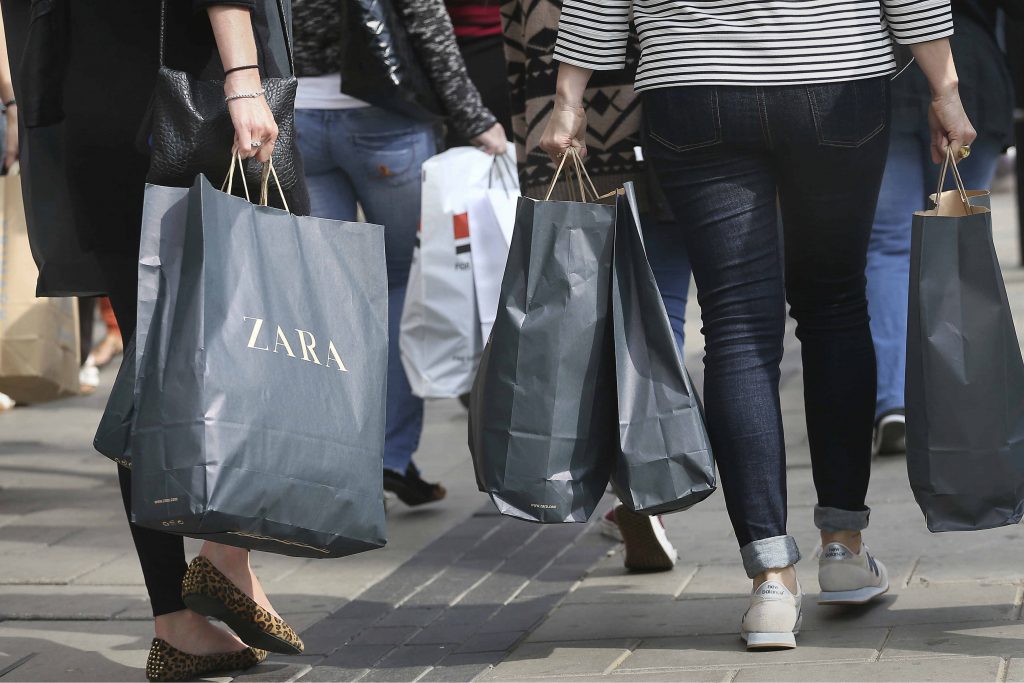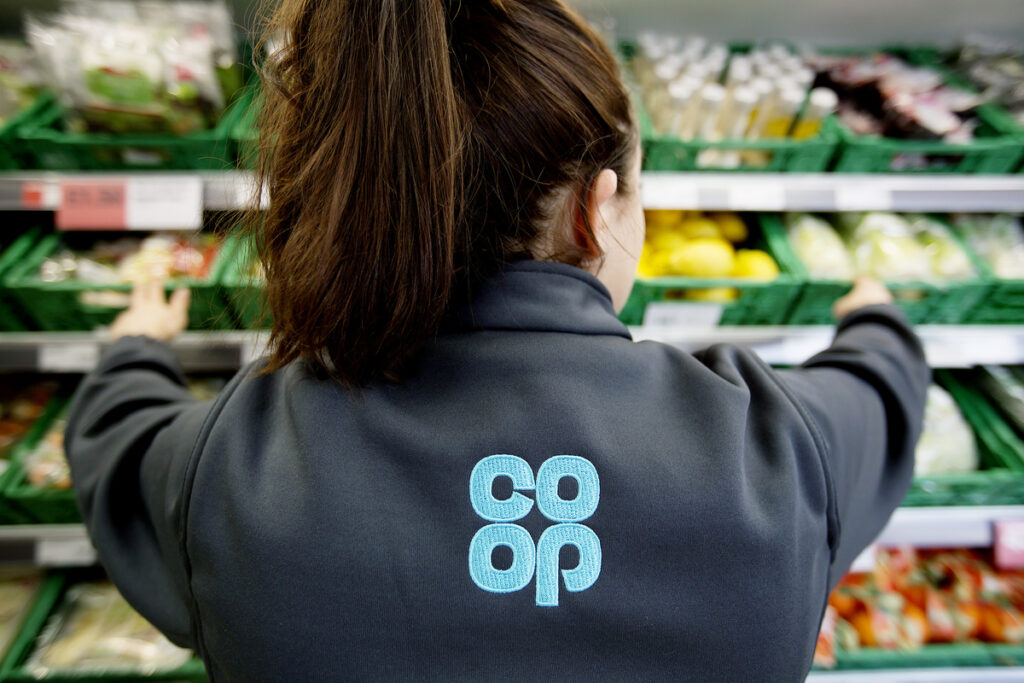A new survey on global consumer confidence has revealed that the UK has gone from being the second most confident country in Europe, behind only Denmark, to ninth place.
According to Nielsen’s latest Global Survey of Consumer Confidence and Spending Intentions, consumer confidence in the country collapsed as a direct result of the EU referendum.
The survey shows that Brits have cut down on household spending at the highest level for two years in the second quarter of 2017, due to the collapse in sterling since the referendum and subsequent inflation compounded with slow wage growth.
According to the Office for National Statistic, inflation peaked at a four-year high in May at 2.9 per cent before easing back to 2.6 per cent last month.
READ MORE: Consumer confidence stablises after post-election slowdown
Because of this, Nielsen’s survey said that almost half the country – 45 per cent – think the UK is going through a recession.
Despite the UK’s dramatic drop from second most confident country in the EU, its score of 99 points remains higher than the European average of 85.
“A variety of factors has contributed to people tightening their purse strings,” Nielsen UK managing director Steve Smith said.
“The pound’s weakness against both the dollar and the euro is finally feeding through to shop prices which means real inflation is running at over 2.5 per cent.
“In turn, this remains ahead of general wage growth and consequently, real household disposable income is being squeezed.”
READ MORE: Inflation remained flat in July, raising hopes it may have peaked
The biggest contributors to rising inflation over the last year were housing costs, utility bills and transport, followed by consumer goods like food, drink and clothing.
To cope, nearly a third of people are switching to cheaper grocery brands to save money, and more than a quarter are saving cash by cutting down on their gas and electricity bills.
“Shopping behaviours are changing in a way that is reminiscent of the aftermath of the financial crisis in 2008/9,” Smith said.
“Shoppers are well trained to use their household grocery budgets as a way to manage overall household costs, particularly as the desire to treat themselves remains.
“This is shown by the fact relatively fewer people are willing to sacrifice entertainment, holidays, and takeaway meals.”
Click here to sign up to Retail Gazette‘s free daily email newsletter
















